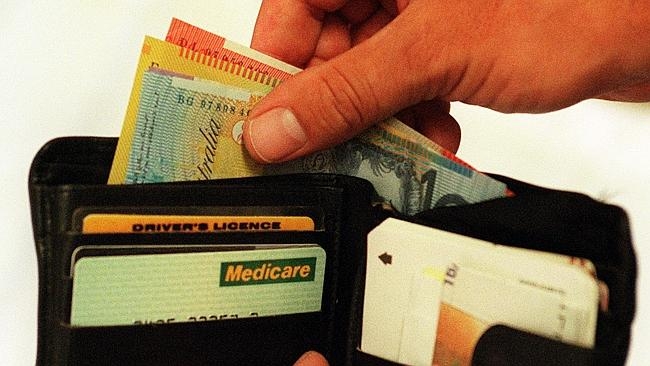
PATIENTS could be paying up to $8.40 more for a visit to the doctor by 2018 – more than they would have paid under the GP co-payment, research into the Federal Government’s Medicare rebate policy has found.
Bowing to public pressure, Health Minister Sussan Ley scrapped the GP co-payment last month.
But the Government is standing by a plan to freeze the Medicare rebate, the amount doctors are able to claim for each service they provide to patients.
The freeze policy would likely cost patients more when paying to see a doctor than the $5 co-payment, a study released in the Medical Journal of Australia has found.
A team of researchers from the University of Sydney found the freeze had a “larger impact over time” with doctors losing $2.74 per consultation in 2015-16 and up to $8.43 per patient in 2017-18.
They warned the freeze was likely to have a “greater impact on practices that serve socio-economically disadvantaged populations” because doctors might be forced to charge a fee to patients who had previously been bulk-billed because of the increased costs.
“Public discussion has mainly focused on the now retracted $5 reduction, and the freeze has received far less attention,” the researchers said.
“Yet, with time, it will have a greater impact: $8.43 per non-concessional patient consultation by 2017-18, nearly double the amount of the rebate reduction.”
The researchers said the estimates were conservative and there was no way to know if doctors would charge patients even more, or stop bulk-billing patients who didn’t have a concession card.
“The freeze will result in Medicare savings; however, patient out-of-pocket expenses will be higher than these savings because GPs will need to charge more than their lost income to recoup the additional implementation and operational costs,” they said.
The Australian Medical Association last month warned the Government the freeze would hurt doctors and patients. AMA president Brian Owler said the “lazy policy” would mean fewer patients would be offered bulk-billing.
Source: Herald Sun
